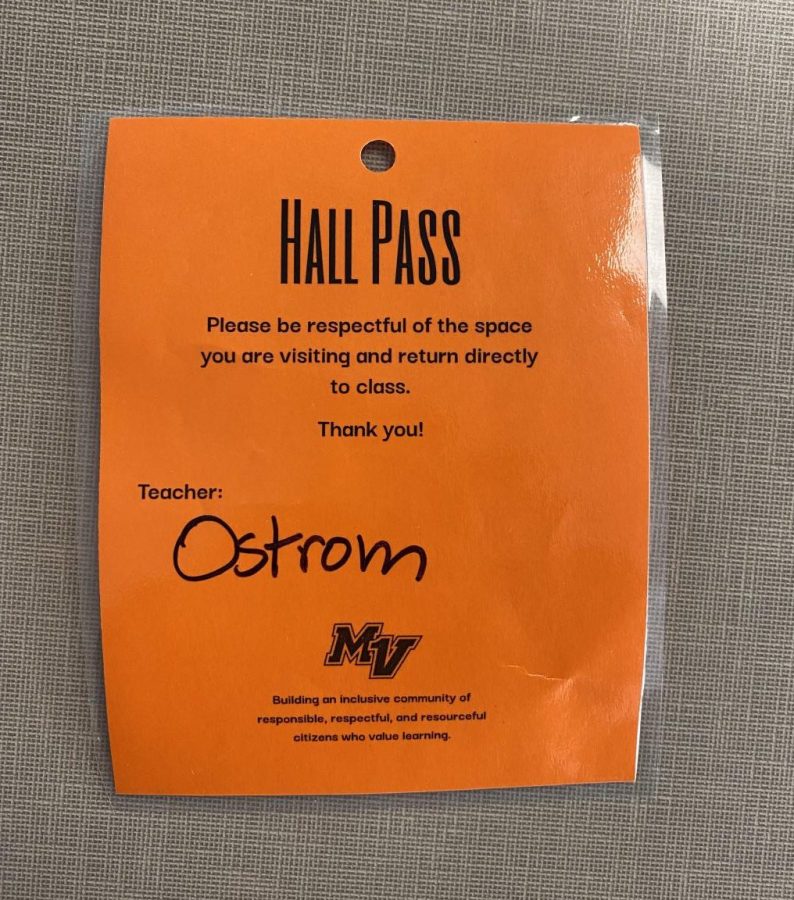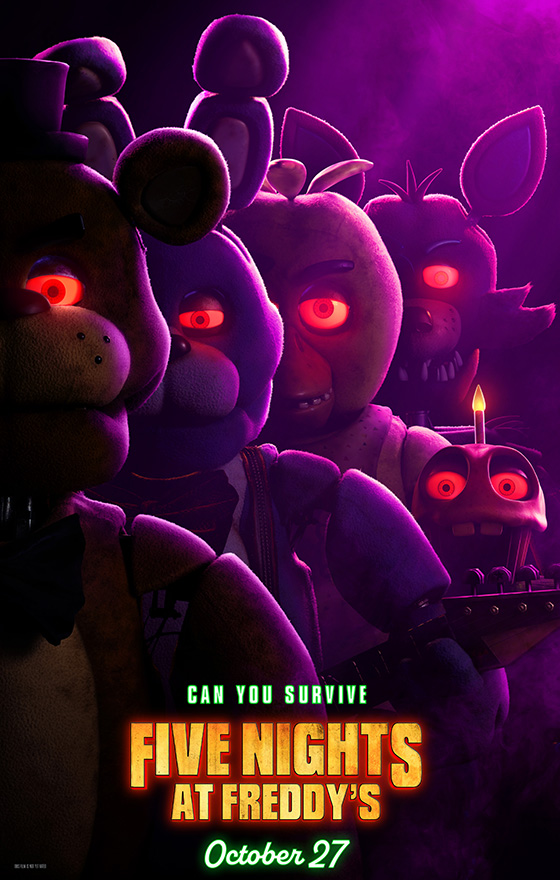Recently, I’ve seen increasingly more relationship content on social media — not wholesome romantic videos, but bizarre relationship tests, like the orange peel theory or the ketchup theory. Truthfully, at first, I found these videos, specifically the partner’s response, entertaining. However, on a deeper level, TikTok’s relationship content has promoted unhealthy communication habits and expectations.
The orange peel theory, which has garnered millions of views per video, is a relationship test where one person expresses their desire to eat an orange and expects their partner to peel it for them. If their partner peels the orange, they pass, and their love is “real.” If not, their love is fake, and the partner should reconsider their relationship.
Before discrediting the trend, I do want to acknowledge its merits. Willing acts of service are essential in a solid relationship. TikTok’s videos of partners passing the orange peel theory can even be wholesome to watch. The problem is when the initiator says vague phrases like “I feel like an orange” or continues to deny that they want their partner to peel an orange but keeps bringing it up. In one TikTok, for example, a female says that she wants an orange but does not want to peel it. When her partner says, “So, you’re telling me to peel it,” she repeatedly says no but continues to say she wants one, confusing her partner. He then ends the video by saying, “I’m asking you! You gotta communicate.”
Even in these scenarios, the other partner is expected to understand that they should intuitively grab and peel the orange. The initiator often becomes visibly disappointed if their partner “doesn’t get the hint,” but they fail to communicate their needs, making the disappointment unwarranted and concerning.
Communication is essential to a loving and lasting relationship. A 2022 study from the Canadian Journal of Behavioral Sciences found that negative communication led to lower relationship satisfaction in that partner a year later. So, instead of expecting your partner to read your mind, if you want an orange peeled for you, simply ask.
Similar to this trend is the mantra “If he wanted to, he would,” which means that a guy who doesn’t show effort doesn’t want you, so you should stop wasting your time. According to Glamour, this mantra was originally an attempt to help women save time when dating and move on from poor relationships with men. Thanks to social media, it quickly grew in popularity and has become more problematic than helpful.
There are many reasons why one person may not do what the other person expects of them, especially in the beginning stages of a relationship. What may seem like common sense to one partner may be uncharted territory for the other. For example, if one partner grew up exchanging gifts every holiday while the other never did, how can you expect them to value gifts in the same way? That’s why expecting your partner to do what you want without communicating — as this phrase implies — is toxic.
TikTok has brought this mantra even a step further. I’ve seen TikToks of women list many things their man does for them without being asked, whether it’s making them breakfast or coming home early from an event to spend time with them. I’ve also seen TikToks of women advising others to wait silently on their birthday or Valentine’s Day to see if their partner does something for them. Not only does this create unrealistic expectations for what a good partner does, but it also discourages healthy communication and pushes the fact that it’s almost shameful to directly communicate your wants.
Ultimately, the basis behind these tests and sentiments is valid, and a partner’s demonstration of love is important. But instead of getting swept up with arbitrary tests or expecting people to do what is on your mind, encouraging mutual effort and open communication will foster a healthier love in a relationship.















![[DEBATES] Prestigious colleges: value or hype?](https://www.mvviewer.org/wp-content/uploads/2024/12/buildings-1200x654.png)
































![[OPINION] The dark origins of TikTok's looksmaxxing trend](https://www.mvviewer.org/wp-content/uploads/2024/02/Copy-of-Copy-of-Untitled-Design-1200x675.png)










Aaron Jenkins • Apr 27, 2024 at 6:44 pm
one of the least delusional takes on this paper
oh wait that’s because Isabel Li wrote it duh